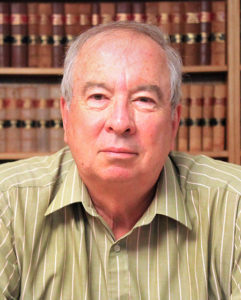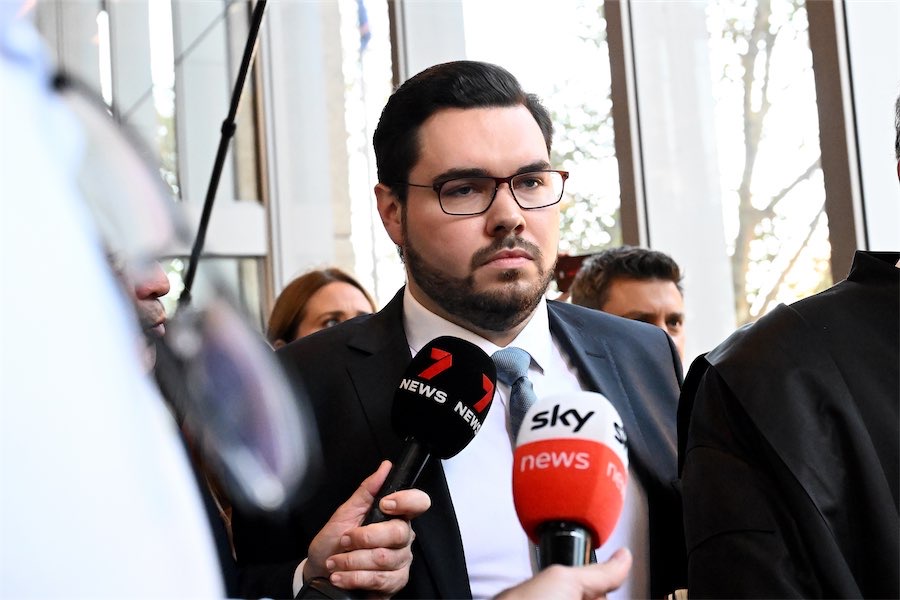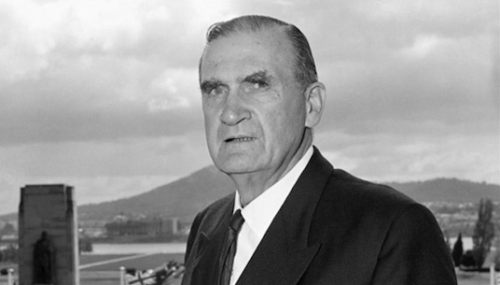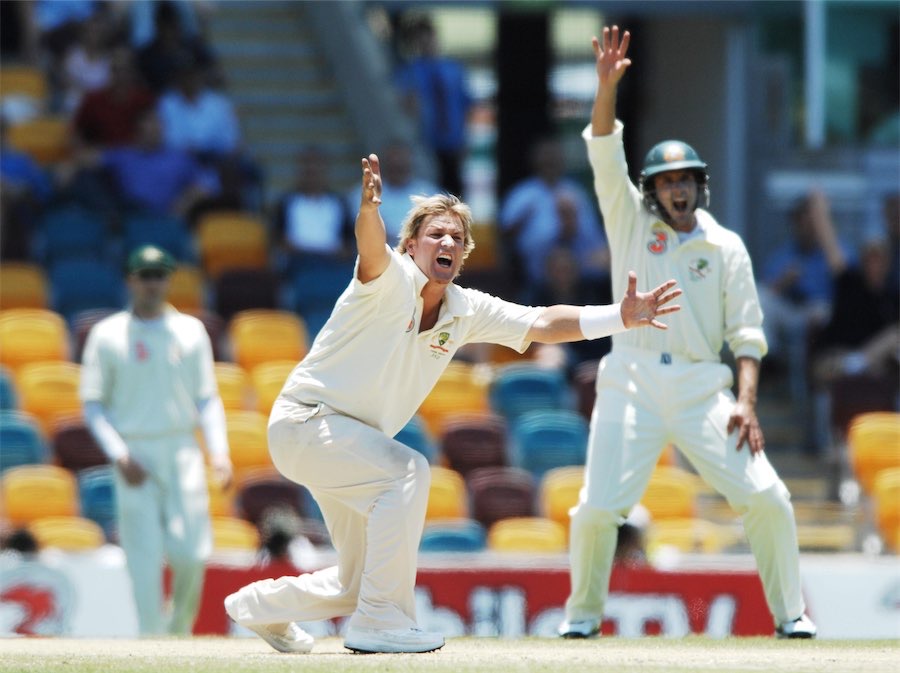
I SHOULD say at the outset that I don’t for one moment condone social injustice and racial inequality – or police brutality, but recent events in America should be seen in context.

I have worked with several American police forces, including the LAPD, NYPD, and Chicago PD, and found that policing in those jurisdictions is enormously challenging.
There are of course some police officers who should not be in policing because of their negative attitude towards the public, or sections of it, but many police forces in America are subjected to daily abuse and threats of violence.
In Chicago, in the district of Harrison, which at one time had the highest murder rate in America, to get into the local gang a prospective member (usually in his low to mid-teens) had to be seen by other gang members to have shot at police.
The week before I was there, the squad’s sergeant had been shot and wounded through the roof of a police cruiser by a shot from a “derelict” high-rise building. (Many high-rise public housing buildings had no power or water due to non-payment of rates.)
Chicago had a rejuvenation program for one of the city’s depressed areas, but businesses such as McDonald’s could not get young black people to work for them because they made more money acting as lookouts for drug dealers. Few poor black families lived together as a family because single mothers got paid a federal subsidy. This was a recipe for young black men to have several women partners at the same time, with all the social disruption that caused, particularly for their children.
In the US, black people make up 13 per cent of the population and 40 per cent of the prison population. This reflects the reality that young black men are responsible for a disproportionate percentage of solvable crime.
The reasons for US incarceration rates are complex, but have a lot to do with America’s social structure which divides along educational, economic, judicial and racial lines.
George Floyd was representative of America’s large, poor black environment. He was born in October, 1973, in Fayetteville, North Carolina, and raised in the public housing complex of Cuney Homes in the Third Ward of Houston, Texas.
He was a big man at 193 centimetres tall and weighing 101 kilograms. Family and friends describe him as a gentle giant. Floyd played on the basketball and football teams at Yates High School, but while he was a good player at up to state level, he was not able to transition to becoming a professional player.
Lacking a good education, Floyd became a car customiser and played club basketball. From 1994 he also performed as a rapper as “Big Floyd” in the hip-hop group Screwed Up Click. According to “Texas Monthly”, Floyd among many others helped establish Houston as one of the world’s great hip-hop scenes.
The American rap music scene is also synonymous with drug taking. Floyd had a series of arrests for theft and drug possession and was charged in 2007 for armed robbery during a home invasion. He took a plea deal in 2009 for five years in prison.
He was paroled in 2013 after spending four years at the Diboll Correctional Center at Diboll, Texas. (This is a private state prison for men, run under contract for the Texas Department of Criminal Justice.) After Floyd’s release, he became involved with a local ministry, “Resurrection Houston”.
In 2014, Floyd moved to Minneapolis, Minnesota, where he had jobs driving a truck and providing security at a restaurant. He lived in St Louis Park (a small city west of Minneapolis). In 2017, he filmed an anti-gun violence video. In 2020 he lost his security job due to the COVID-19 pandemic.
Floyd had five children, including two daughters in Houston, ages six and 22, and an adult son in Bryan, Texas.
In May 2020, Floyd was suspected of having passed a counterfeit $20 bill. (American banknotes are very easy to colour-photocopy.) It is not clear why he was arrested, but at the time he was allegedly under the influence of fentanyl and had methamphetamine in his system.
There seems little doubt that his death was caused by a police officer kneeling on him. An autopsy, commissioned by Floyd’s family found that the “evidence is consistent with mechanical asphyxia as the cause” of death, with neck compression restricting blood flow to the brain, and back compression restricting breathing. Floyd was also positive for COVID-19 at the time of his death.
Floyd’s circumstances were similar to those of many black people in America which is why there has been such an upswelling of outrage at his very public and unnecessary death.
However, the widespread and justifiable peaceful protests about social injustice and racial inequality were hijacked by activists from various extreme political backgrounds to engage in violence against authority, while many others have seen it as a golden opportunity to loot and get what they can’t afford to buy.
The violence has also acted as a magnet to out-of-towners keen to exploit the situation.
Protests internationally, including in Australia, combine those who are genuinely concerned about racial equality and social justice, with the usual serial protesters and those who see a way of exploiting the situation for their own purposes.
The challenge for authorities is to allow peaceful protests, but prevent those who want to turn them violent from doing so. This requires good security intelligence and careful crowd and police management.
Ultimately, of course, meaningful political action is needed to remove injustices and inequalities.
Clive Williams is a visiting professor at the ANU’s Centre for Military and Security Law
Who can be trusted?
In a world of spin and confusion, there’s never been a more important time to support independent journalism in Canberra.
If you trust our work online and want to enforce the power of independent voices, I invite you to make a small contribution.
Every dollar of support is invested back into our journalism to help keep citynews.com.au strong and free.
Thank you,
Ian Meikle, editor





Leave a Reply